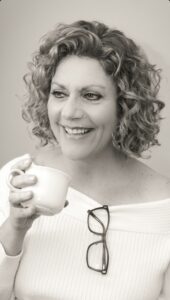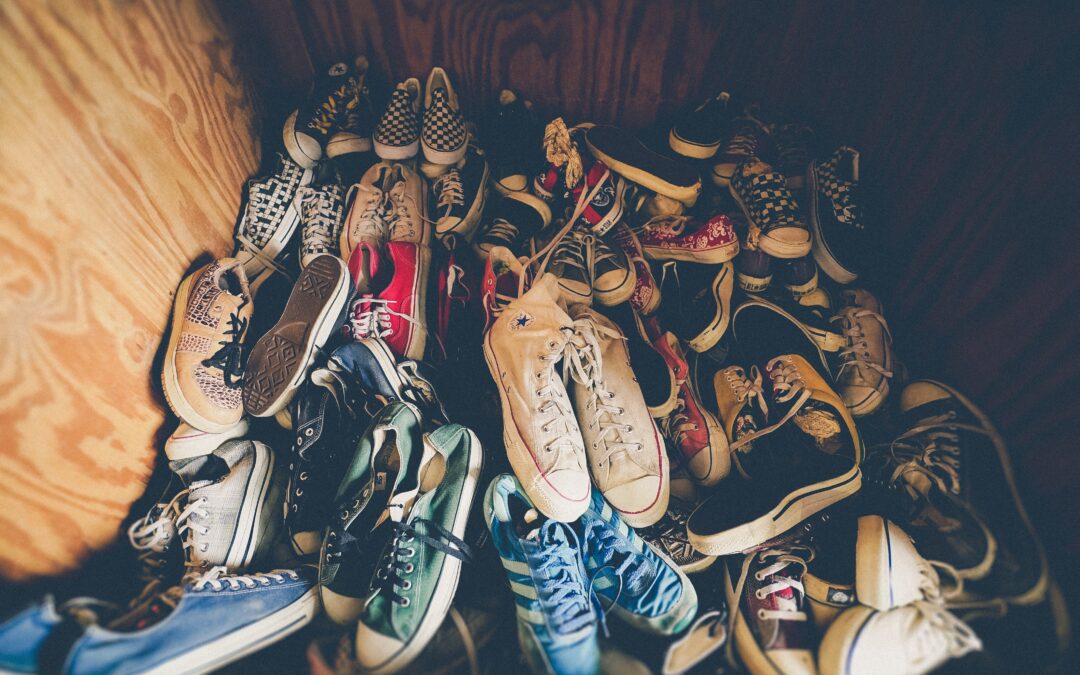Can we talk … about our tendencies toward hoarding?
The Mayo Clinic describes hoarding disorder as “an ongoing difficulty throwing away or parting with possessions because you believe that you need to save them.”
In elaborating, Mayo warns, “You may experience distress at the thought of getting rid of the items. You gradually keep or gather a huge number of items, regardless of their actual value.”
There’s a lot to unpack there, so to speak, so let’s start with the most important takeaway. It’s one that may surprise you.
Hoarding is something almost everyone experiences or embraces to some degree, so in that sense it’s quite “normal” despite being labeled a “disorder.”
In other words, you are not alone in the cycle of over-accumulating and under-disposing—and you are not alone in wanting to do something about it.
However intensively each of us indulges the temptation to hoard things, our ability to tame this instinct/urge depends on clearly seeing the two sides to the equation:
- On the front end, we bring home so many more things than we need. For some it’s clothes that may never be worn, and for others it might be books that will never be read, or tag sale “finds” there’s no need or place for …
- On the impact side of the equation, hoarding over time creates clutter that “paralyzes” living spaces, homes … and your quest to live your ideal lifestyle.
To begin our hoarding “therapy,” we need to analyze and address the causes of over-acquisition and the effects of the clutter that’s created in the process.
Why do we hoard at levels that range from mild to extreme? There are commonalities as the Mayo Clinic suggests in its description, but as with most things in life, the reasons are as individual as each person.
Some of us feel like we’re filling a void by bringing home lots of stuff, which is classic misdirection. Hoarding doesn’t cure loneliness, for example. (A loving dog is a much better solution!)
For others there’s a thrill factor involved in the process of buying, collecting, or otherwise acquiring as part of a hunting-and-gathering style process that can create an almost primal sense of fulfillment.
Truth be told, some of us who buy and hoard stuff are just reacting to boredom.
 Whatever the case, we need to discuss and dig into the reasons to ensure that once we tackle the decluttering journey—which is both the easy and hard part—the hoarding instinct doesn’t kick back in again because the root cause or causes haven’t been discovered and defused.
Whatever the case, we need to discuss and dig into the reasons to ensure that once we tackle the decluttering journey—which is both the easy and hard part—the hoarding instinct doesn’t kick back in again because the root cause or causes haven’t been discovered and defused.
At the same time, we need to begin the decluttering process, guided by the principles of KonMari tidying.
That involves a category-by-category journey in which you confront and assess the true value of everything spilling out of your closets, kitchen cabinets, bathroom drawers, and everywhere else in the house.
Whatever “sparks joy” for the life and lifestyle you aspire to have—and that’s our inspiration—gets to stay and reside neatly in its designated “home” within the house.
Whatever you have that isn’t essential gets thanked for its service and then sent on its way—think of those blue jeans with tags still on because they were a great buy but aren’t flattering, the 10 pairs of shoes that are great looking but you never wear.
Et voila as the French say. Through a combination of working to rein in natural hoarding tendencies and the process of comprehensive decluttering, several related issues are effectively addressed.
You’ll find that you buy, bring home, and struggle with where to store far fewer things, and that you enjoy the peace-of-mind and sense of freedom and possibility a clutter-free home and lifestyle create.
~
Email me at [email protected] or give me a call at (203) 772-8883 to discuss whether hoarding is a problem, or anything that’s misaligned in your home, your body, your mind, and your spirit. In my role as a Certified Platinum KonMari Consultant, and as The Tidy Lifestyle Doctor, we’ll determine an action plan. (Call me at 203-910-6185 for more information specifically about my healthcare practice as a Chiropractor, Reflexologist, Reiki Master Practitioner, and Acupuncturist, for 30 years.)
